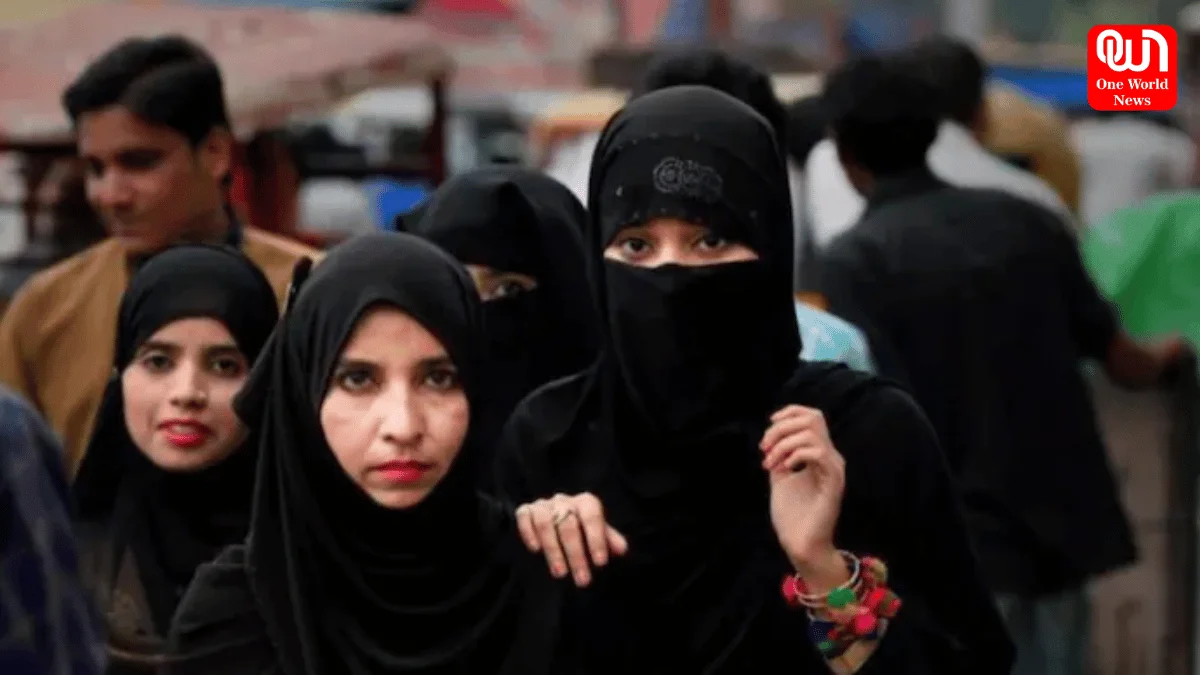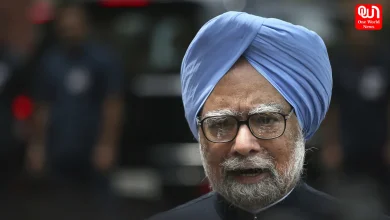Major Update in Recent proposed amendment bill – Women to be part of Waqf boards!
As per sources Women will be part of Waqf boards in proposed amendment bill.
Women to be part of Waqf boards in proposed amendment bill: Sources
In 1954, Parliament passed the Waqf Act for the first time. It was then repealed, and in 1995 a new Waqf Act was created, giving waqf boards further authority. It was further modified and renamed the Wakf Waqf Act in 2013 to grant the boards unrestricted authority to seize any property, including in cases when a court challenge would be futile. According to authorities, the Waqf Boards have unrestricted authority to claim properties in the name of Muslim charities, and even plaintiffs are prohibited from pursuing legal recourse through the legal system.

As per new update two of the proposed Waqf Act adjustments are that properties must be registered with district collectors for their true valuation, and judicial examination would be used to evaluate whether a property qualifies as a waqf asset. According to sources on Sunday, a significant additional suggested modification would require two women to be members of each state’s waqf board and the Central Waqf Council.
According to insiders, the government is also thinking of renaming the statute something like the meaning of “hope.” After the ministries of railways and defense, there are thirty waqf boards in the nation that oversee properties totaling more than eight lakh acres, making them the third-largest real estate owners.
The entire system for collecting money from the commercial use of waqf properties and spending will be done online in accordance with the 40 amendments that Cabinet approved on Friday. This will increase transparency and help the “poor, children and women,” who hardly receive any benefit, according to sources. The purpose of all waqf property income is to support charitable causes.
The waqf boards generate less than Rs 200 crore in total revenue out of around 8.7 lakh immovable properties. There are also only about 200 individuals in authority of these boards. After hearing from Muslim women and intellectuals, it became clear that changes were needed. The countless claims and incidents of the boards abusing their authority over a long period of time only serve to highlight how vital it is to change the law and how it is too late to make this right,” an unnamed insider stated.
Like this post?
Register at One World News to never miss out on videos, celeb interviews, and best reads.








